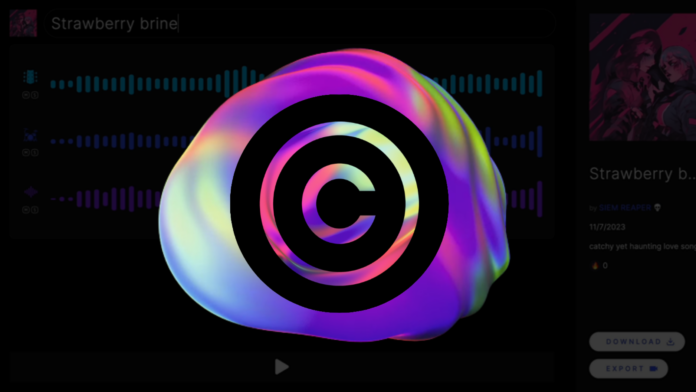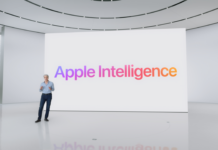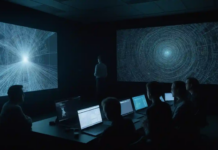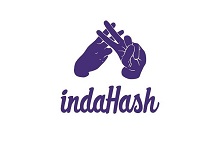In a groundbreaking shift within the music industry, CreateSafe’s Triniti platform is emerging as a pivotal force. This generative AI-powered platform, now available as an open beta, is redefining music creation, distribution, and monetization. Triniti’s suite of tools, including voice cloning, text-to-audio sample generation, and music industry insights via a chatbot, represents a significant advancement in music technology, offering artists novel ways to enhance their craft.
A notable highlight of Triniti is its voice cloning capability, exemplified by Elf.Tech. This open-source AI voice software, unveiled by Canadian electronic artist Grimes, allows other artists to replicate her voice in their songs. Elf.Tech, a precursor to the Triniti platform, has already created a buzz in the music world with over 1,000 songs featuring Grimes’ replicated voice, demonstrating the immense potential of voice cloning technology.
Beyond just providing tools, Triniti embodies a philosophy of empowering artists with what it calls “artistic intelligence.” Co-founded by Grimes’ manager Daouda Leonard, Triniti is designed to foster a collaborative environment where human creativity meets AI. This synergy allows artists to expand their creative horizons and leverage AI for enhancing their artistic expressions.
The recent $4.6 million funding led by Polychain Capital, complemented by several other investors, is set to bolster CreateSafe’s mission. Grimes’ addition to the advisory board infuses a unique blend of artistic and technological perspectives, underscoring the synergy between creativity and tech innovation in the music industry.
Triniti’s multifaceted tools are reshaping the music creation landscape. The platform’s voice transformation and cloning feature not only allows artists to experiment with different vocal styles but also addresses key copyright concerns. By providing artists with a digital voice clone and a certificate of voice likeness, Triniti ensures that they maintain control over the licensing and use of their digital voice.
Looking ahead, Triniti plans to release digital voice clones of 30 renowned artists in 2024, a move that underlines its commitment to ethical AI use and the respectful handling of intellectual property. This approach promises to set a new ethical standard in the industry.
Another standout feature of Triniti is its AI sample generator. This tool allows creators to specify genres or moods, generating custom tracks that align with their creative vision. Paired with a virtual companion capable of answering industry-related queries, Triniti serves as a comprehensive resource for artists across different stages of their careers.
In the realm of management, Triniti’s advanced AI aids music industry managers in streamlining their workflows. This includes automating tasks like deal cataloging, invoice creation, client management, and project organization, significantly enhancing operational efficiency.
Accessibility is a key aspect of Triniti. Currently, Grimes’ AI voice technology and other features are available for free, with a subscription model planned for the future. The platform also aims to introduce new editing tools, MIDI processing capabilities, and mobile apps, broadening its scope and utility.
Grimes’ involvement in Triniti goes beyond just technological innovation; it reflects a vision of empowering artists. She envisions the platform as a means to redistribute resources within the music industry, ensuring artists receive a fairer share of the profits generated by their creations. This vision aligns with a broader goal of leveraging technology to create a more equitable and frictionless artistic landscape.
In conclusion, Triniti is setting a new benchmark in the music industry, blending human ingenuity with the power of AI. This platform not only offers artists control over their digital identity but also opens up new horizons in music production. As Triniti continues to evolve, it stands as a beacon of innovation, shaping the future of music creation, management, and experience in the digital era.











